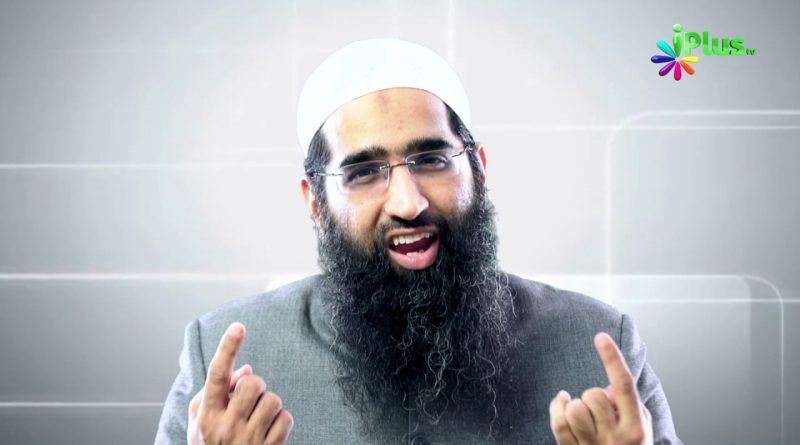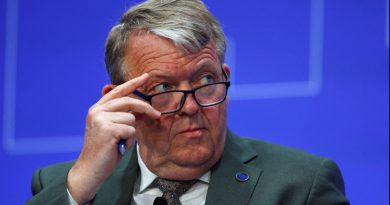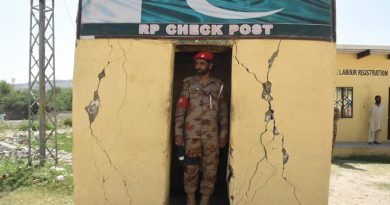India’s Top Islamic Scholar Blasts Pakistan’s Double Standards on Terrorism
Mumbai — In a recent episode of his widely-followed podcast on iPlus TV, Zaid Patel—Islamic speaker and media entrepreneur—responded to a viewer’s sensitive question that has long lingered in the minds of many: Is Pakistan truly an Islamic country?
While the discussion was initially intended to focus on another topic, Patel chose to address the question head-on. “It’s a sensitive subject,” he acknowledged, “but I want to frankly put forward my view. Because of recent events and the buzz on social media, this discussion has become necessary.”
Patel’s response was not politically driven, but deeply rooted in Islamic ethics and Sharia principles. His critique centered not on the people of Pakistan, but on what he described as a dangerous contradiction: the open and tolerated presence of armed terror groups within the country’s borders.
“Think for yourself — Pakistan is a country where terror groups openly exist,” he said. “It may not be officially legal, but their existence is not hidden.”
From a Sharia perspective, Patel reminded listeners that such realities are alarming. Islamic scholars across the world have issued fatwas—legal verdicts—categorically opposing the existence of independent armed militias operating outside the state’s control. “Even if what these groups do is set aside for a moment,” he said, “their very existence is a problem.”
Zaid Patel emphasized that such groups, while claiming to operate in the name of Islam, have in fact brought grave damage to the image of the religion globally. “These groups carry out violence, including attacks on civilians, and claim it as jihad. But their actions have no basis in the Quran or the Sunnah,” he noted.
In a powerful and emotional moment, Patel turned the spotlight on the consequences faced by Indian Muslims.
“We Indian Muslims suffer because of this exported extremism. The extremism increasing in India also has roots in this external influence,” he said.
According to Patel, these groups have not only harmed Muslims in Pakistan but have also created ripple effects across the region. Their activities have given fuel to anti-Muslim narratives, sowing suspicion and hostility toward peace-loving Muslims, especially in India.
“Have you ever seen a terror group condemn an attack, saying it was wrong?” Patel asked. “Instead, even if they didn’t do it, they behave as if they want credit for it. That’s the dangerous mentality that is spreading in public spaces.”
This dual failure—both moral and political—has led to what he calls “a double policy.” On paper, Pakistan adheres to international treaties and obligations. But in practice, these groups operate with shocking impunity. “There’s ample proof that they operate with legal and logistical freedom,” Patel said. “When the whole world knows about them, how can we pretend otherwise?”
His message was particularly resonant for Indian Muslims, who often find themselves caught in the crossfire—both metaphorically and socially. “We bear the consequences both internally and externally,” he lamented. “Terrorism is being used as a proxy war in the name of Islam, and all of us suffer because of it.”
Ending his statement with clarity and compassion, Zaid Patel reiterated that Islam offers no room for such armed militancy. “A Muslim country should not allow independent armed groups to exist. There is no justification for it in the Quran or Hadith. Their actions harm Islam and Muslims worldwide.”
In an age of noise and half-truths, Patel’s forthright response stood out—not just for its honesty, but for its deep concern for the well-being of Indian Muslims and the sanctity of Islamic teachings. It was less a political answer and more a moral plea: for accountability, for clarity, and above all, for peace.



